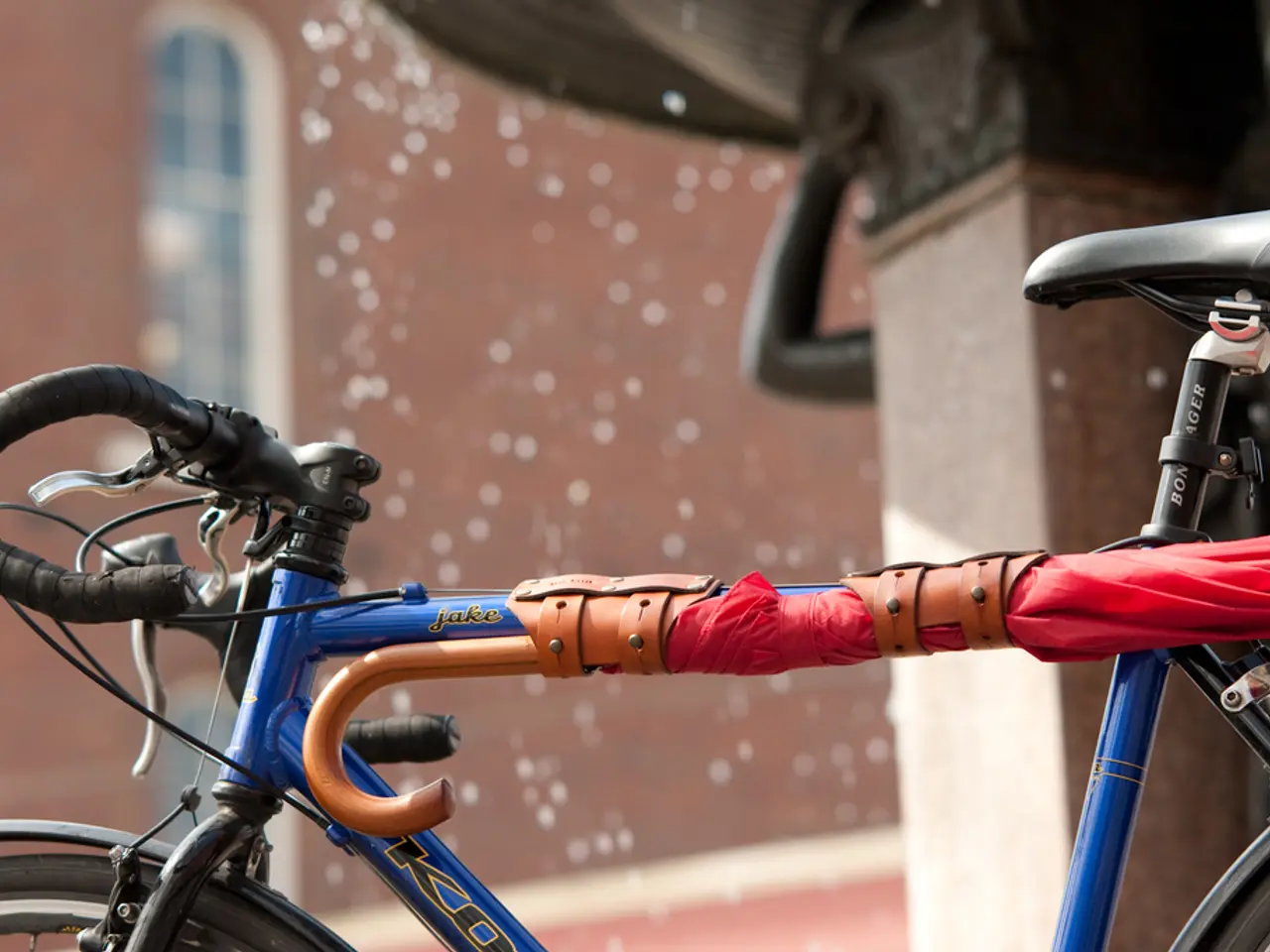Cycling Through a Disputed Past: History Comes Alive on a German-Lithuanian Cycling Expedition
In a 500-kilometer odyssey across Europe, a group of 18 participants embarked on a transformative journey to understand the ties that bind us together on the continent. Led by historians and avid cyclists Markus Nowak and Vincent Regente, the educational bike tour, titled "Borders and Encounters," aimed to confront shared memories, shifting borders, and a complex present on NATO's eastern flank.
The project, a mobile, experiential classroom concept called a Bildungsradreise, was the final part of a "Trilogy of the Memelland." The tour involved cycling through the historic Memel region, a territory marked by shifting names and empires, and tracing the current border between Lithuania and the Russian exclave of Kaliningrad, a major geopolitical fault line.
The tour began in Klaipėda, a city founded by the Teutonic Knights in 1252 as Memel and a German city for seven centuries. The journey ended with the question: "What actually connects us in Europe today?" The answer, suggested by this odyssey, is the shared willingness to confront painful truths together and build a common future by understanding the immense weight of history on the present.
Along the way, the participants visited sites of memory in Jurbarkas (Georgenburg), where they learned about the town's first local Holocaust memorial and the annihilation of its Jewish community in 1941. In Šilutė (Heydekrug), they met an elderly "Memelländer" who spoke of war, flight, and expropriation, providing a human face to the suffering of Germans displaced after WWII.
The project connected to Germany's Zeitenwende ("turning point") policy, as Germany is permanently stationing a 5,000-strong armored brigade in Lithuania to bolster NATO's eastern flank. The bicycle tour provided the "soft power" counterpart to the military presence, emphasizing dialogue, historical responsibility, and reconciliation.
The educational project was supported by organizations such as "Kultur und Schule," "Europäische Akademie Berlin," and "Jugend für Europa," which aim to promote cultural education, European understanding, and youth exchange programs. The physical challenge of the project was a transformative part of the experience, building a unique bond among participants.
The project covered key historical themes, with each participant preparing their own presentation. It was demanding, but the shared experiences and insights made it a journey that will not be easily forgotten. As the group pedalled their way through Europe, they discovered that the connections between us run deeper than borders and that understanding our shared past is essential to building a better future.








